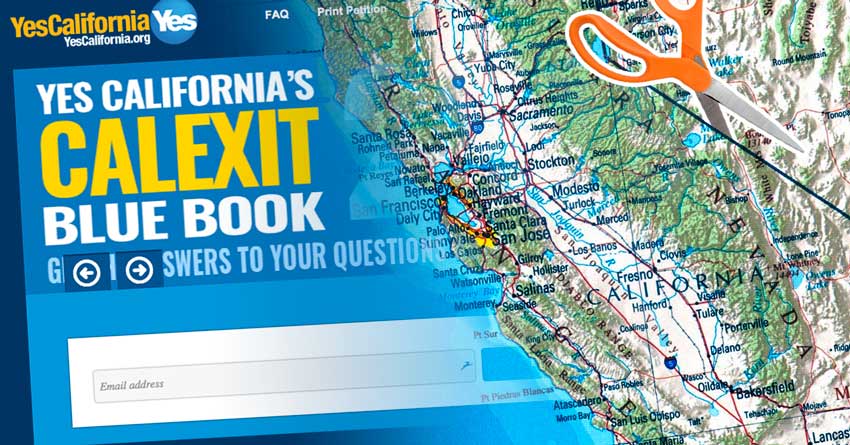There were many strange forces at play in the Netherlands’ elections on Wednesday. In my report, I concentrated on the biggest story, the possibility that Geert Wilders’s Freedom Party might take a huge number of parliamentary seats — though I quoted The Atlantic’s coverage predicting a narrow loss to Mark Rutte’s Liberal Party.
What I did not mention were some of the . . . oddities.
Did you know that Geert Wilders is the only official member of the Freedom Party?
Did you know that there is a 50+ Party in Holland — to represent folks . . . in my age bracket?
Irksome. A party organized just for an age group bugs me almost as much as the most extreme elements of Wilders’s anti-Islamism. But then, all parties bug me a bit, for the same reason the founding fathers desperately feared “factions” . . . that is, political parties. Factionalism turns government into tribal warfare, with legislation counting as . . . counting coup.
But no one in the Netherlands is asking how “bugged” I may or may not be.
The outcome of the March 15 elections? Labour lost the most, and the Freedom Party did not do as well as predicted . . . or feared. Instead of over 20 seats, it won 16, according to Bloomberg (quoting i & o research).
Here’s a not-so-odd oddity: I had to wade through quite a few reports on the election before I found any actual numerical results. The papers all seemed too busy gloating that the Freedom Party failed. I guess that counts as enough reporting. For them.
More evidence that we live in a post-fact society?
This is Common Sense. I’m Paul Jacob.
Pictured: Ledger drawing of a mounted Cheyenne warrior counting coup with lance on a dismounted Crow warrior, 1880s.











